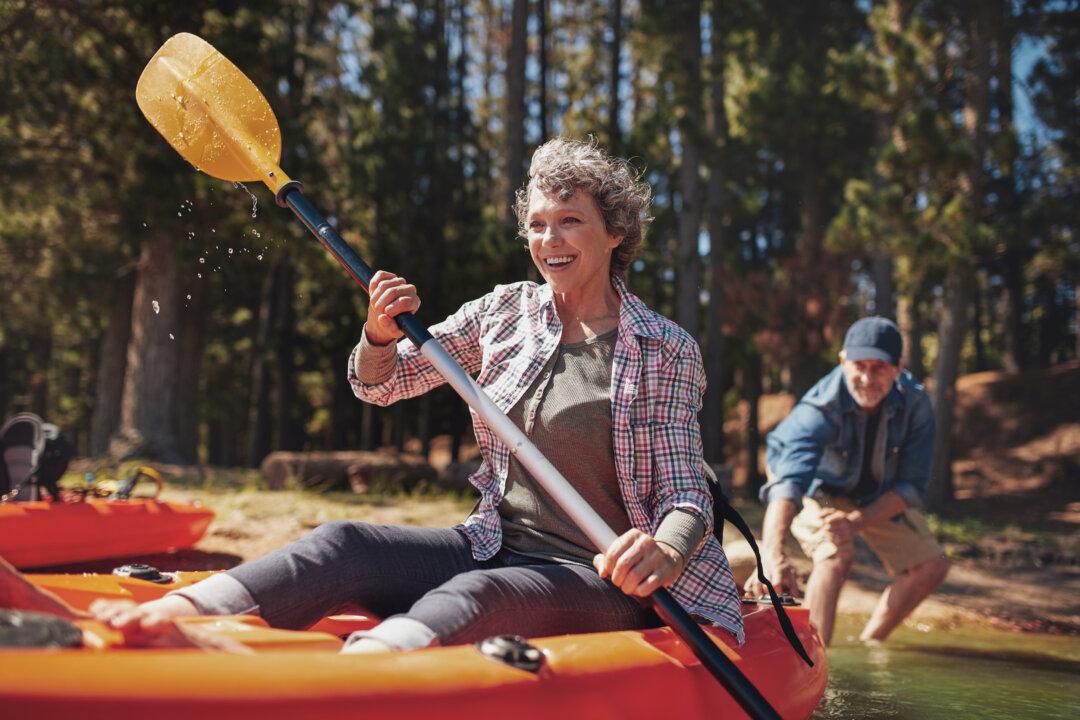If you’re a Type A competitive person, the word “hobby” may give you hives. And you probably don’t like the word “pastime,” either. But as we get older—especially after our children are out of the house and we’re either retired or considering retirement—we all need engaging pursuits to keep us happy and healthy.
The best later-in-life pursuits are those that bring you joy. Creating micro moments of joy throughout the day, as psychologist Jessica Jackson recently told CNBC, helps build mental strength and resiliency to make it easier to react well in stressful situations. And what better way to bring more joy into your life than to do activities that you love?






